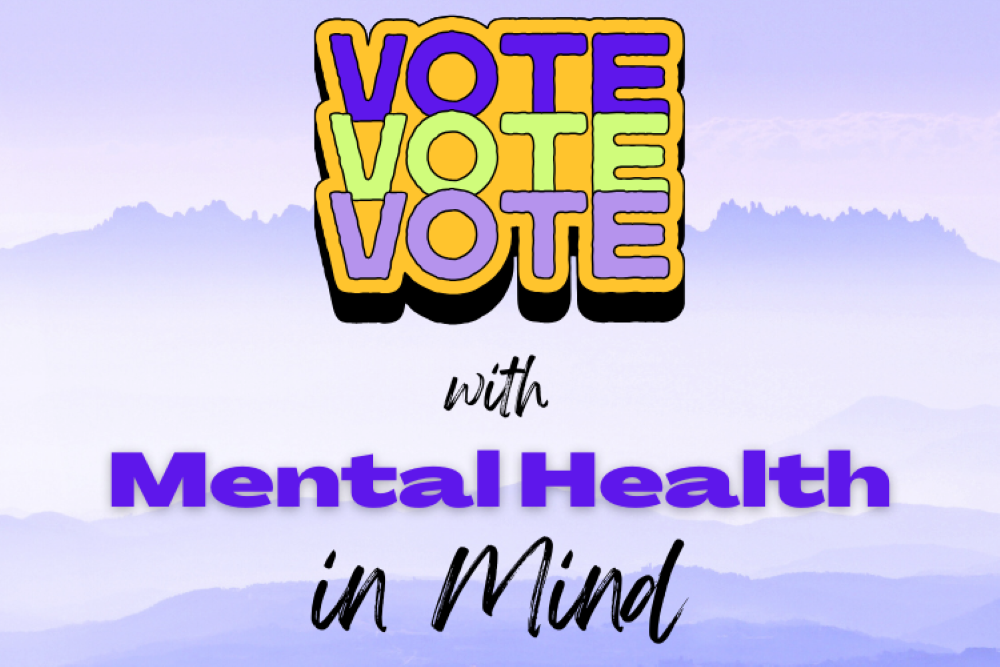
The website Moodfuel offers a voter guide focused on mental health. Image courtesy of Moodfuel
There are numerous voter guides designed to help people be better informed when casting a ballot this year. But until now, there hasn’t been a guide focused on the intersection of mental health and the election.
Renata Hill, publisher of the mental health website Moodfuel, says her Colorado Mental Health Voters’ Guide is “all about looking at the candidates, positions, commentary, and ballot measures through the lens of mental health.”
Hill says she first needed to know what the voters wanted to know, so she posed a question by phone, email and social media: “If you could talk to any candidate face to face, what would you like to ask that person regarding mental health?”
Most of the responses were about access to mental health care, which many said is a challenge in Colorado, and the stigma around it.
“One of the goals of Moodfuel is to smash stigma by discussing mental health as health. I tackle problems head on with the goal of destigmatizing and normalizing discussion. And that’s the approach that I took when it came to gathering this information. And then the second part was reaching out to all the candidates,” Hill says.
She sent out more than 200 emails to candidates for state Senate and House districts. She got back about 25. The guide summarizes the candidates’ responses using symbols and infographics, focused on the needs of marginalized groups like low-income individuals, people of color, and Indigenous populations.
Hill plans to follow up with officials after the election, holding people accountable for their responses. And she hopes to collaborate with other organizations, journalists, and community members in the future for work that Hill describes as “a mixture of journalism and lived experience.”
“Moodfuel is meant for people struggling with unmet mental health needs, and that usually means they tend to be mid to low-income folks,” Hill says. “We really try to serve people with information about free to low-cost programs and services available and change makers that are making things better and kind of smoothing the way in this rocky landscape of ours.”
On the website, Hill describes herself “as a Colorado neighbor who struggles with mental illness and neurodivergence.” She says she is proudly Indigenous (Mvskoke) on her mother’s side.
Hill says that her lived experience has helped understand challenges created by adverse childhood experiences, generational trauma, and marginalization. Plus, she’s lost relatives, friends and colleagues to suicide, she says, so supporting people in recovery from trauma and despair has become her “why.”


0 Comments